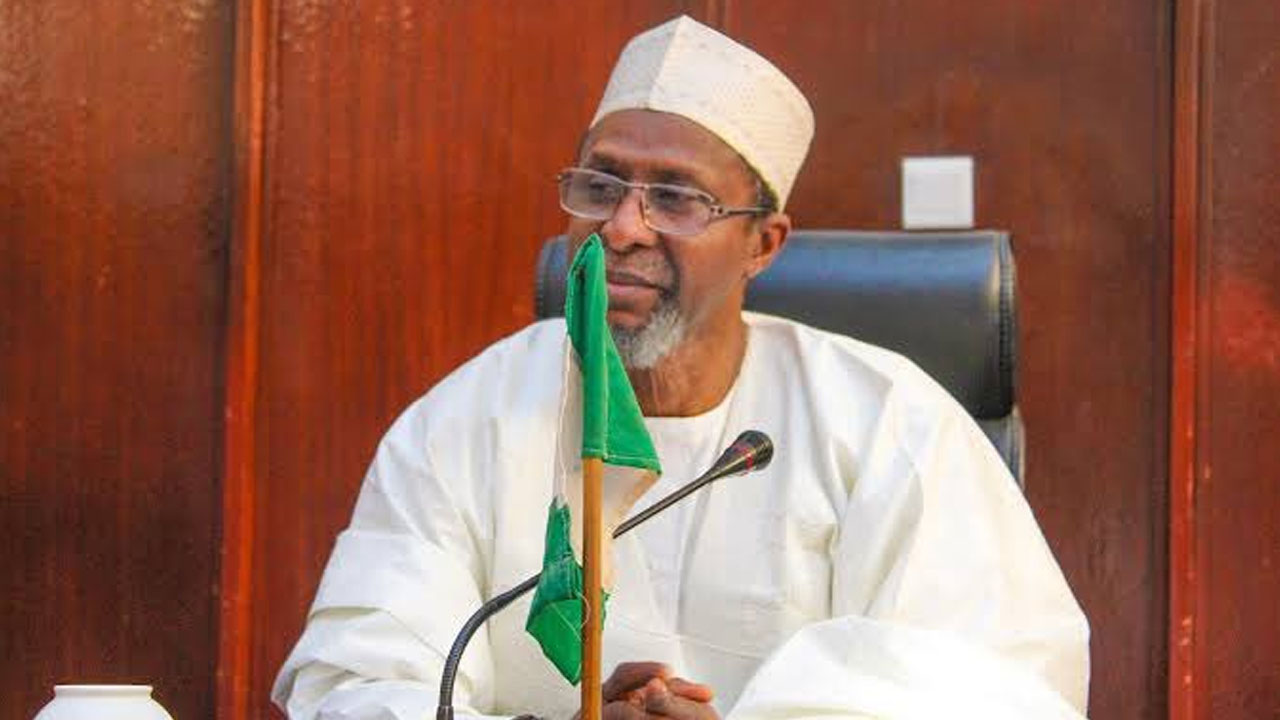
UNODC, others lament weak laws against wildlife crimes, indict armed groups
The Federal Government has decried the decline of wildlife population in the country, saying that the threats posed by the development call for urgent collective action to ensure a brighter future for both wildlife and communities.
Also, United Nations Office on Drugs and Crime (UNODC) has decried illegal trade in wildlife and forest products, noting low enlightenment, weak legislation among other gaps as bane of effective regulation.
Speaking at the World Wildlife Day Celebration in Abuja, yesterday, the Minister of Environment, Balarabe Lawal, said there was a need to address the myriad challenges facing the ecosystem such as illegal wildlife trade, mitigating habitat loss and impact of climate change.
According to Lawal, today’s rapidly evolving digital landscape and technological advancements offer humanity unprecedented opportunities to enhance conservation efforts and forge deeper connections between humanity and the natural world.
Country Representative of UNODC, Oliver Stolpe, described Nigeria as a key transit hub and consolidation point for various forms of illegal trade in wildlife and forest products, especially in pangolin, ivory and rosewood.
He, therefore, commended the seizures by Nigeria Customs Service (NCS) at Nigeria’s land, sea and airport border points, as two-thirds of all the seizures involving Nigeria were reported by the authorities of other countries.
Permanent Secretary in the ministry, Mahmud Kambari, said they would leverage Artificial Intelligence (AI), Data Analytics (DA) and Citizen Science (CS) to gather vital information and engage local communities to implement conservation projects.
The Director of Forestry, Dr Hajara Sani, urged development partners to continue championing wildlife and ecosystem programmes, as the Federal Government would soon embark on innovative solutions to protect endangered species in the country.
MEANWHILE, Stolpe at the presentation of the ‘Toolkit Report for Nigeria’ by International Consortium on Combating Wildlife Crime (ICCWC), in collaboration with UNODC and Food and Agricultural Organisation (FAO), to mark this year’s World Wildlife Day (WWD), decried illegal trade in wildlife and forest products.
At the event themed ‘Connecting People and Planet: Exploring Digital Conservation’, yesterday in Abuja, added that the wildlife and forest products, were sourced both from Nigeria as well as from other countries in the region, including Cameroon, Gabon, Central African Republic (CAR), Democratic Republic of Congo (DRC), Liberia, Cote d’Ivoire and Benin Republic.
Stolpe noted: “Another finding of the research suggests that armed groups are increasingly involved in the illegal harvesting and trafficking of rosewood, with nine park rangers losing their lives in violent encounters with persons involved in illegal logging in the Gashaka-Gumti National Park. In general, it appears that illegal logging activities continue, despite the 2018 trade suspension of rosewood from Nigeria.”
The UN body called on religious and traditional leaders to partner the government in enlightening Nigerians on the importance of preserving and protecting Nigeria’s rich biodiversity.






